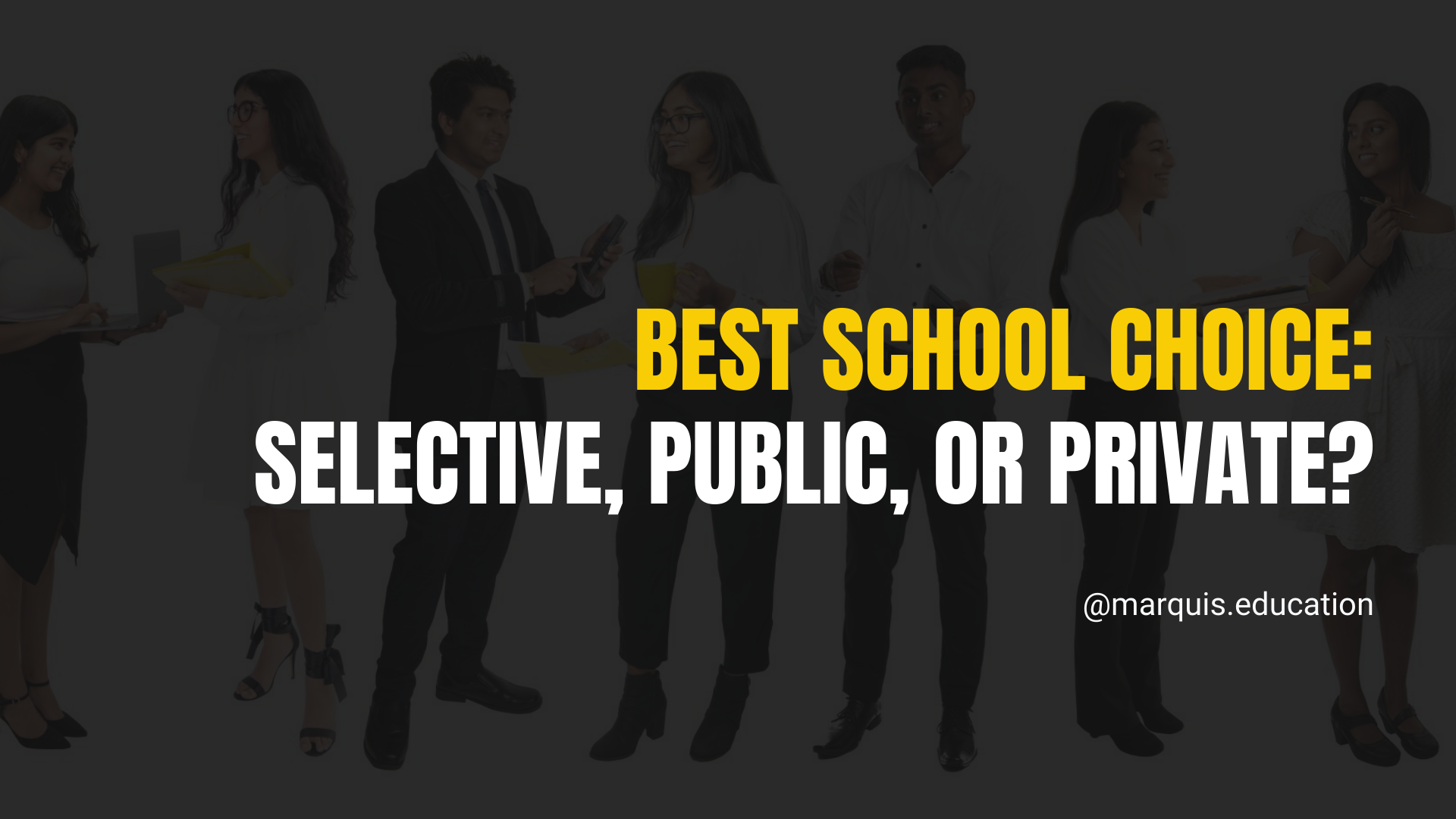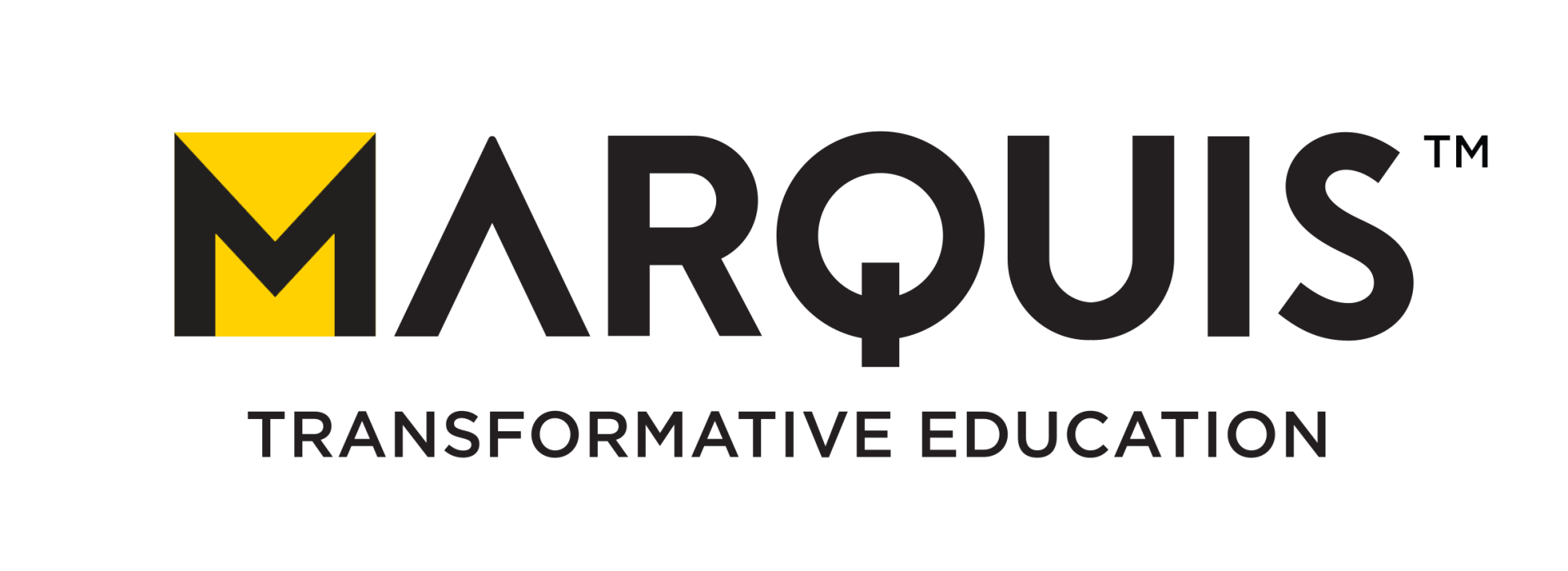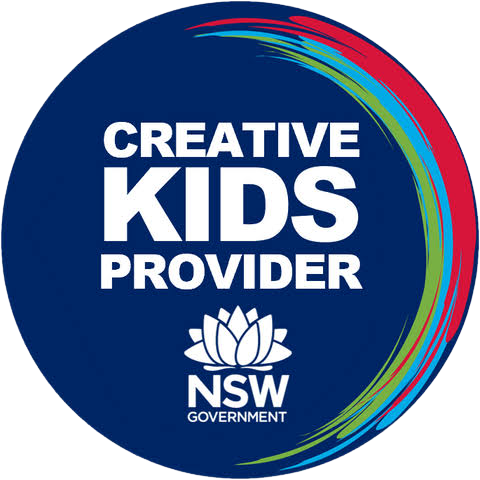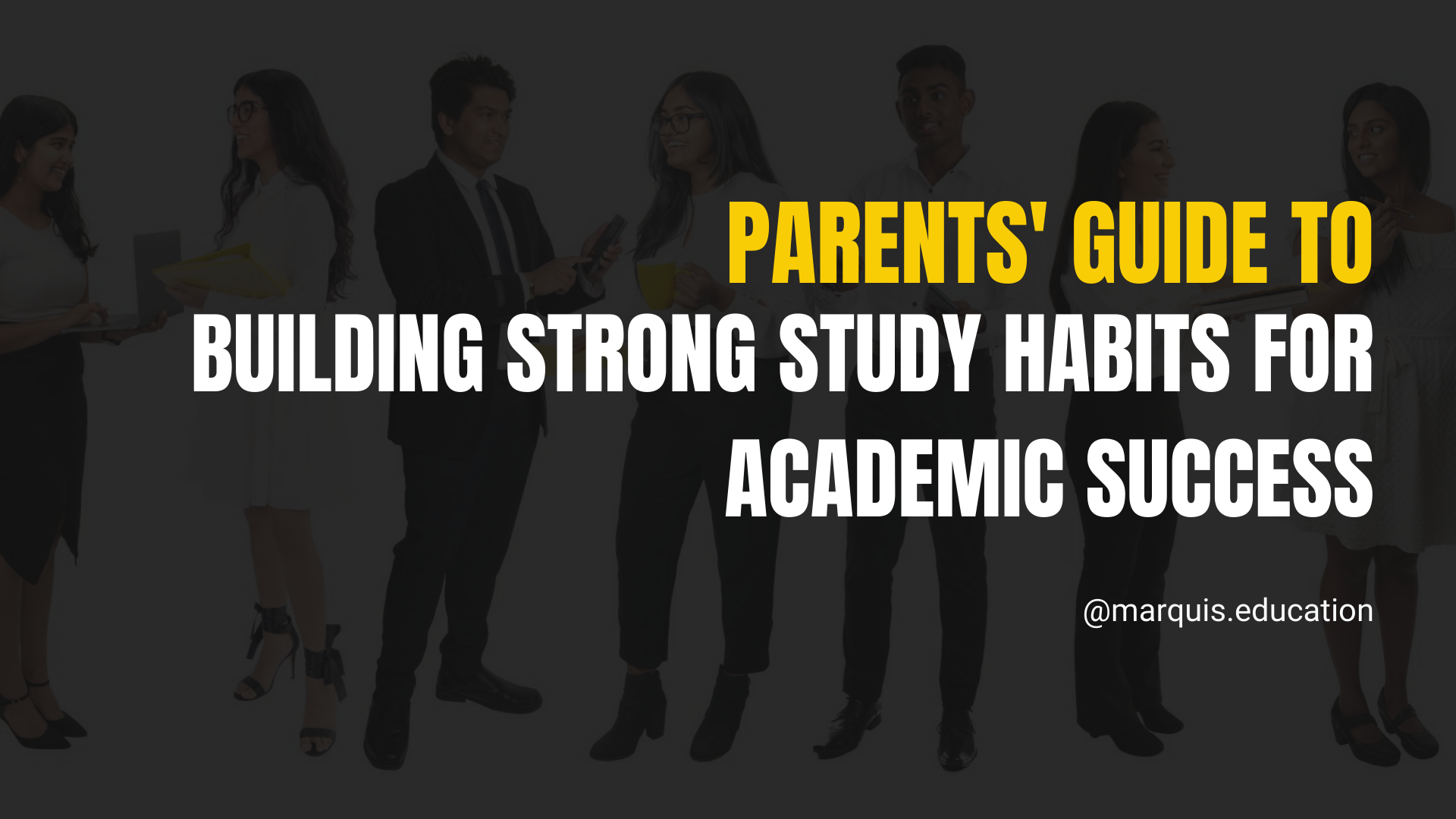Welcome to the Marquis Education Blog
Which School is the Best: Selective, Public, or Private?

The debate over the ideal type of school for students has been a longstanding topic in the field of education.
The decision to choose between selective schools, public schools, or private schools is a crucial one that significantly impacts a student's academic journey and overall development. Each type of school offers unique advantages and considerations, making the choice a complex and personal decision for parents and students alike.
This blog post aims to explore the characteristics, benefits, and challenges of selective schools, public schools, and private schools to help parents and students make informed choices based on their individual needs and goals.
Selective Schools: Nurturing Excellence and High Achievers
Selective schools, often referred to as gifted or academically talented programs, are designed to cater to high-achieving students who demonstrate exceptional academic abilities or talent in specific fields. These schools typically have rigorous admission criteria, including standardised test scores, academic performance, and recommendations. Here are some key features of selective schools:
- Specialised Curriculum: Selective schools offer an enriched and accelerated curriculum that challenges students to reach their full potential. They provide a stimulating environment that encourages critical thinking, creativity, and intellectual growth.
- Small Class Sizes: Selective schools often maintain smaller class sizes, which allows for more individualised attention and personalised learning experiences. This fosters a close-knit community and a supportive learning environment.
- Peer Motivation: Being surrounded by like-minded high achievers can create a competitive yet inspiring atmosphere. Students are motivated to excel academically and push the boundaries of their abilities.
- Opportunities for Enrichment: Selective schools typically offer a wide range of enrichment programs, extracurricular activities, and competitions that cater to the specific talents and interests of their students.
Public Schools: A Diverse and Inclusive Option
Public schools are funded and regulated by the government and are accessible to all students within their designated catchment areas. They are known for their diversity, inclusivity, and commitment to providing equal educational opportunities to all students. Here are some key features of public schools:
- Inclusivity: Public schools welcome students from all walks of life, regardless of their academic abilities, backgrounds, or socio-economic status. They foster an environment of diversity and promote social integration.
- Comprehensive Curriculum: Public schools offer a well-rounded curriculum that covers a broad range of subjects, catering to the diverse needs and interests of their student population.
- Large Class Sizes: Due to their open admission policies, public schools often have larger class sizes. While this may mean less individual attention, it also provides an opportunity for students to learn in a diverse and dynamic social setting.
- Community Engagement: Public schools are deeply integrated into their communities, offering students access to a wide array of resources, extracurricular activities, and community-based initiatives.
Private Schools: Tailored Education and Specialised Programs
Private schools are independent institutions funded by tuition fees and private donors. They are known for their autonomy, flexibility in curriculum design, and specialised educational approaches. Here are some key features of private schools:
- Tailored Education: Private schools often have the freedom to design their curriculum, allowing them to tailor educational programs to meet the specific needs and learning styles of their students.
- Smaller Class Sizes: Private schools typically maintain smaller class sizes, allowing for more individualised attention and closer student-teacher relationships.
- Focus on Extracurriculars: Private schools emphasise extracurricular activities, arts, sports, and character development, providing students with a well-rounded education beyond academics.
- Strong Parent Involvement: Private schools often encourage active parental involvement, fostering a collaborative partnership between educators, students, and parents.
Factors to Consider when Choosing the Best School
Selecting the best school for a student is a highly personal decision that depends on various factors. Here are some considerations to keep in mind when making this significant choice:
- Academic Needs and Goals: Consider the student's academic strengths, weaknesses, and long-term educational goals. Selective schools may be ideal for high-achievers seeking academic challenges, while public or private schools may offer more diverse academic programs.
- Learning Style and Personality: Each student has a unique learning style and personality. Evaluate how well a school's teaching methods and environment align with the student's preferences and social needs.
- Extracurricular and Enrichment Opportunities: Look for schools that provide ample opportunities for extracurricular activities, enrichment programs, and co-curricular activities that cater to the student's interests and passions.
- Inclusivity and Diversity: Consider the importance of a diverse and inclusive environment. Public schools often excel in this aspect, fostering a sense of community and acceptance.
- Financial Considerations: Private schools generally involve higher tuition fees, while public schools are funded by the government. Consider the financial implications and whether the investment aligns with the student's educational aspirations.
- Location and Commute: Evaluate the location and proximity of the school to your home. A school that is easily accessible can contribute to a student's overall well-being and reduce commuting time.
- Support Services and Special Needs: If the student requires special support or has specific learning needs, consider the school's resources and services available to accommodate these requirements.
Selecting the best school for a student is a pivotal decision that significantly impacts their academic journey and personal development. Selective schools cater to high-achievers seeking academic rigour and enrichment, while public schools promote inclusivity and community engagement.
Private schools offer tailored education and specialised programs to meet individual needs. To make an informed decision, parents and students must consider academic goals, learning styles, extracurricular opportunities, and financial considerations. Ultimately, the best school is one that nurtures a student's passions, inspires personal growth, and empowers them to unlock their full potential.
In the end, the key to academic excellence lies not solely in the type of school attended but in the commitment of students, parents, and educators to foster a love for learning, a growth mindset, and a supportive educational environment.
By embracing a holistic approach to education, students can thrive and succeed in any educational setting, laying the groundwork for a successful and fulfilling future.

4.03/5 Celebration Drive Bella Vista NSW 2153
Mon - Fri 4.00 pm - 8.00pm
Sat - Sun 9.00 am - 4.00pm
We acknowledge the Traditional Owners and communities of the lands on which our business operates. We pay our respect to Aboriginal and Torres Strait Islander cultures and to their Elders past and present.
All Rights Reserved | Marquis Education Pty Ltd











